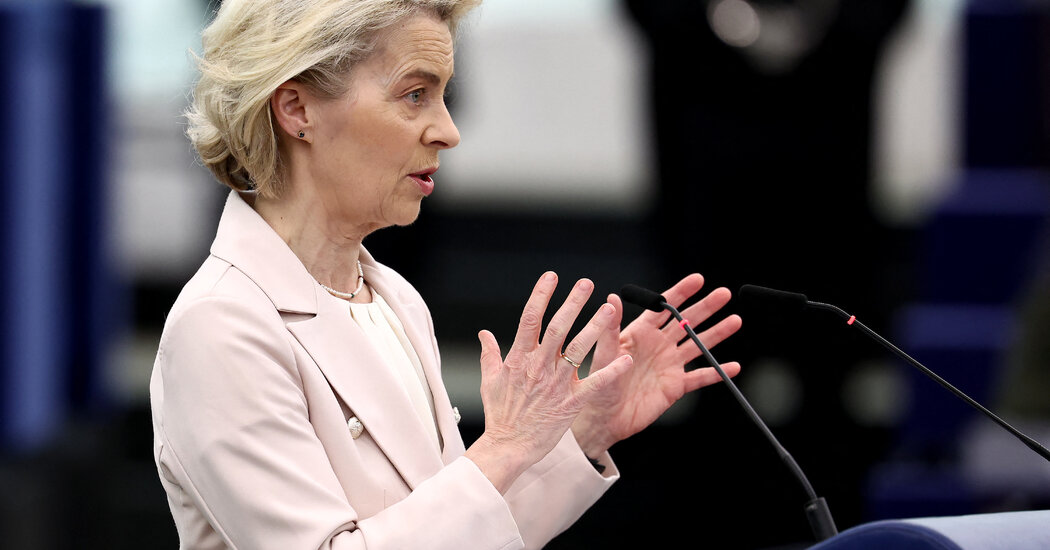The inquiry is intended to pressure the tech giant to more aggressively police Facebook and Instagram ahead of the European Union’s closely watched elections in June.
Meta, the American tech giant, is being investigated by European Union regulators for the spread of disinformation on its platforms Facebook and Instagram, poor oversight of deceptive advertisements and potential failure to protect the integrity of elections.
On Tuesday, European Union officials said Meta does not appear to have sufficient safeguards in place to combat misleading advertisements, deepfakes and other deceptive information that is being maliciously spread online to amplify political divisions and influence elections.
The announcement appears intended to pressure Meta to do more ahead of elections across all 27 E.U. countries this summer to elect new members of the European Parliament. The vote, taking place from June 6-9, is being closely watched for signs of foreign interference, particularly from Russia, which has sought to weaken European support for the war in Ukraine.
The Meta investigation shows how European regulators are taking a more aggressive approach to regulate online content than authorities in the United States, where free speech and other legal protections limit the role the government can play in policing online discourse. A new E.U. law, called the Digital Services Act, took effect last year and gives regulators broad authority to rein in Meta and other large online platforms over the content shared through their services.
“Big digital platforms must live up to their obligations to put enough resources into this, and today’s decision shows that we are serious about compliance,” Ursula von der Leyen, the president of the European Commission, the E.U.’s executive branch, said in a statement.
European officials said Meta must address weaknesses in its content moderation system to better identify malicious actors and take down concerning content. They noted a recent report by AI Forensics, a civil society group in Europe, that identified a Russian information network that was purchasing misleading ads through fake accounts and other methods.
